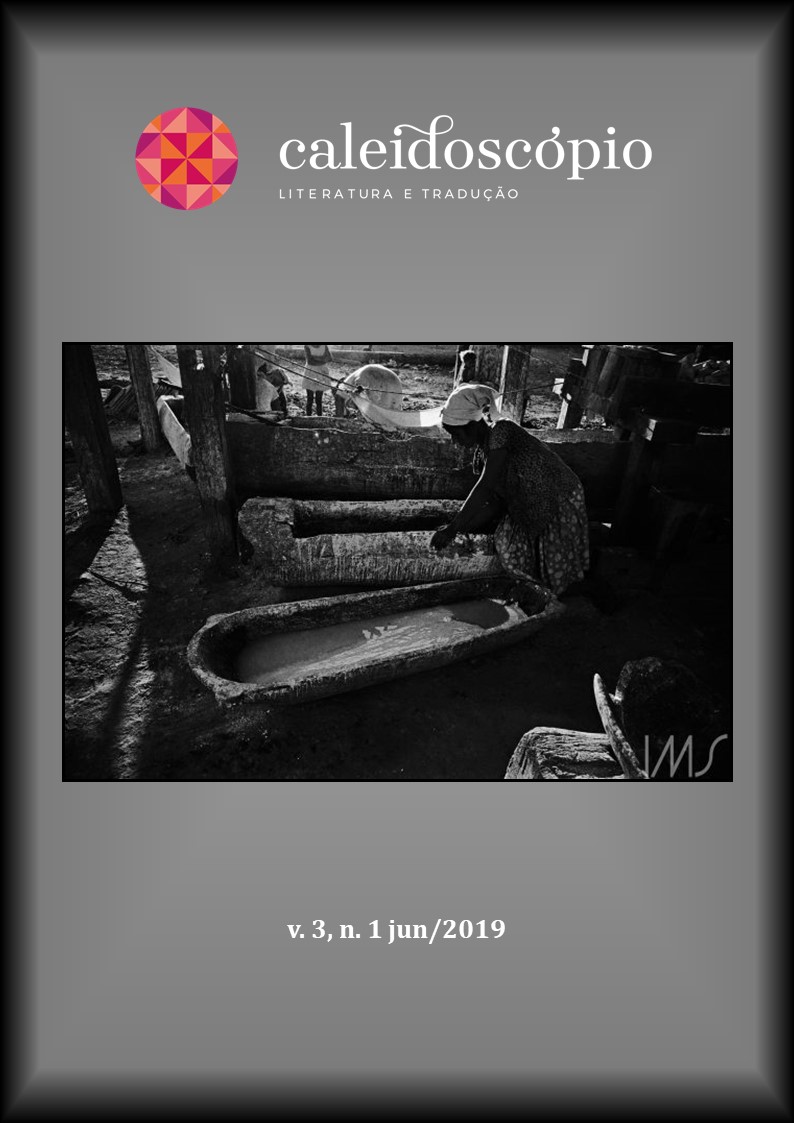Reaching a foreign audience
Cultural transfers in audiovisual translation
DOI:
https://doi.org/10.26512/caleidoscopio.v3i1.25323Palavras-chave:
Audiovisual translation. Cultural transfer. Culture-specific references. Foreignisation. Domestication.Resumo
This paper examines some of the issues involved in the intercultural transfer of films. It focuses on the translation of culture-specific references and questions in particular the validity of the notions of foreignisation and domestication, brought to the fore of Translation Studies by Venuti (1995), as a conceptual framework traditionally used to discuss the strategies applied when translating cultural specifics. Drawing on the findings of a pilot study consisting of three French films dubbed and subtitled into English, this paper suggests a theoretical challenge by proposing a more pragmatic approach to the study of cultural transfer in audiovisual translation (AVT). More particularly, it will examine whether it is possible to observe any form of consistency in the strategies used for the translation of culturally-bound references and what this implies for the dialogic relationship between Self and Other, and the representation of alterity.
KEYWORDS: Audiovisual translation, cultural transfer, culture-specific references, foreignisation, domestication
Downloads
Downloads
Publicado
Como Citar
Edição
Seção
Licença
Declaração de Direito Autoral
- Autores mantém os direitos autorais e concedem à revista o direito de primeira publicação, com o trabalho simultaneamente licenciado sob a Licença Creative Commons Attribution que permite o compartilhamento do trabalho com reconhecimento da autoria e publicação inicial nesta revista.
- Autores têm autorização para assumir contratos adicionais separadamente, para distribuição não-exclusiva da versão do trabalho publicada nesta revista (ex.: publicar em repositório institucional ou como capítulo de livro), com reconhecimento de autoria e publicação inicial nesta revista.
- Autores têm permissão e são estimulados a publicar e distribuir seu trabalho online (ex.: em repositórios institucionais ou na sua página pessoal) a qualquer ponto antes ou durante o processo editorial, já que isso pode gerar alterações produtivas, bem como aumentar o impacto e a citação do trabalho publicado (Veja O Efeito do Acesso Livre).







.png)
